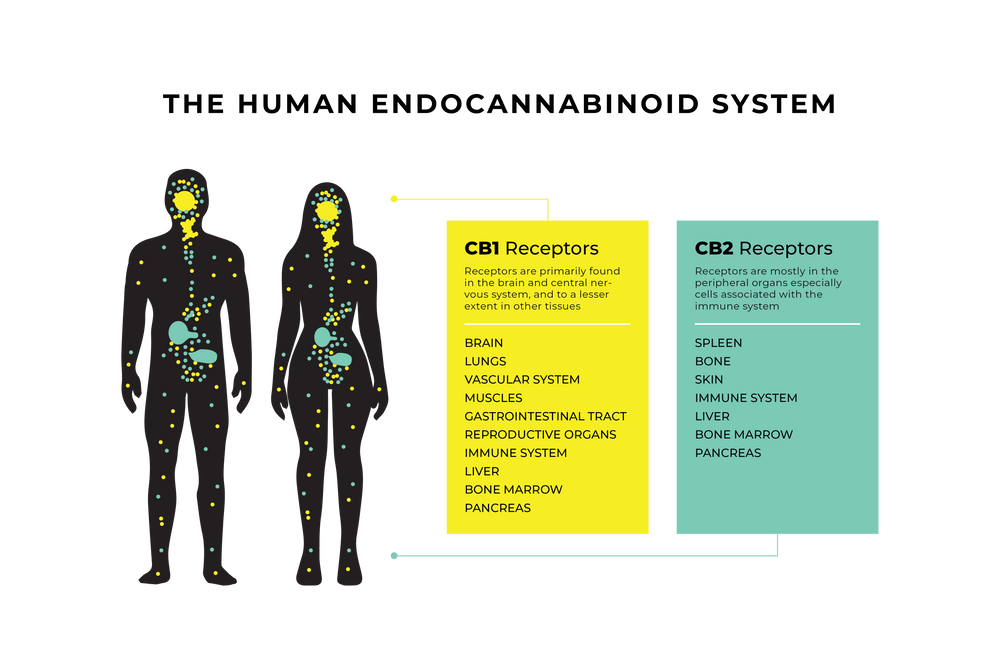What is HRV?
There is a common misconception that our heart beats at a steady rhythm and interval, but this is not the case. The gap between each heart beat actually has natural fluctuation and variability, or, HRV (Heart Rate Variability.) HRV is the core metric used to evaluate recovery, daily physical readiness, and has been shown to have massive implications about our overall health and performance capabilities. Healthy HRV balances out our autonomic nervous system, which handles more than 90% of the body's involuntary functions and regulates the stressors in our bodies. Optimal HRV provides us with the ability to perform at our best in the gym, in the office, or wherever your beat moves you.

What is a Healthy HRV Rate?
A healthy HRV rate is usually in the higher range. If you have a higher rate, it’s actually a good sign of optimal health and wellness. Each person’s range is different and depends on several factors, like medical history and current lifestyle habits. Normal adults can have a range of 20 to 200 milliseconds per beat. A higher range means your body has a better resistance to illness and diseases.
What is an Optimal HRV Score?
Each person has unique health needs and will have a different HRV average. Males and females will also have a slightly different range from one another, and this naturally decreases with age. If you’re learning to track your HRV score to improve your heart health, it’s helpful to know the optimal range. A general rule for optimal HRV is over 100 MS.

Managing the Body's Stress
Due to modern farming practices, questions of food quality, and ecological issues, most humans cannot easily get the necessary nutrients in our diets to optimize our stress management systems.
The endocannabinoid system, responsible for regulating our body's stress responses, depends on micronutrients to adequately manage stressors and fuel our neuro-communication pathways. Inflammation may increase internal stress inputs, contributing to the overloading of our endocannabinoid system, making it less effective at combating internal stress.

Why is Recovery so Important?
Exertion without recovery is effort wasted. Over the years recovery has become widely recognized to be fundamental to physical and mental performance. Athletes and high-motor individuals always strive to be stronger, faster, more productive and more efficient. In a culture that glorifies, “the grind,” it's easy to forget to take days off and rest. Some may even feel that taking a break is a sign of weakness, but that couldn’t be farther from the truth. The evidence is clear that if time is not taken to recover from stress put on the body, high-level performance becomes increasingly difficult. Taking time to get consistent sleep, eat a healthy diet, and maintain healthy HRV are imperative to healthy recovery.


